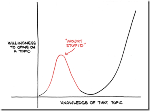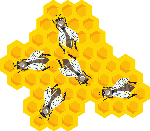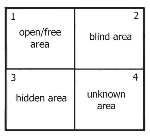Androgogy Collaboration Maslow's hierarchy (conditions for change) Miller's pyramid A quality related to inquisitive thinking The practice environment To teach is to learn twice What do you think? Capacity Learning = change The patients that walk through the door Capacity to learn Dunning- Kruger Kolb's learning cycle 70;20;10 Self- directed learning (control) Clinical context Curriculum Social Constructivism Deliberate practice Proven ability in acquiring knowledge and skills Kurt Lewin Androgogy Collaboration Maslow's hierarchy (conditions for change) Miller's pyramid A quality related to inquisitive thinking The practice environment To teach is to learn twice What do you think? Capacity Learning = change The patients that walk through the door Capacity to learn Dunning- Kruger Kolb's learning cycle 70;20;10 Self- directed learning (control) Clinical context Curriculum Social Constructivism Deliberate practice Proven ability in acquiring knowledge and skills Kurt Lewin
(Print)
Androgogy
Collaboration
Maslow's hierarchy
(conditions for change)
Miller's pyramid
A quality related to inquisitive thinking
The practice environment
To teach is to learn twice
What do you think?
Capacity
Learning = change
The patients that walk through the door
Capacity to learn
Dunning-Kruger
Kolb's learning cycle
70;20;10
Self-directed learning
(control)
Clinical context
Curriculum
Social Constructivism
Deliberate practice
Proven ability in acquiring knowledge and skills
Kurt Lewin



